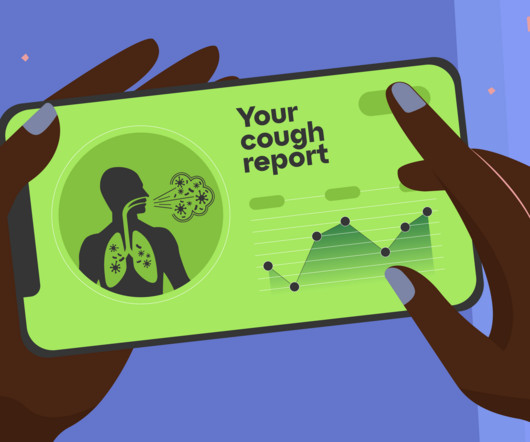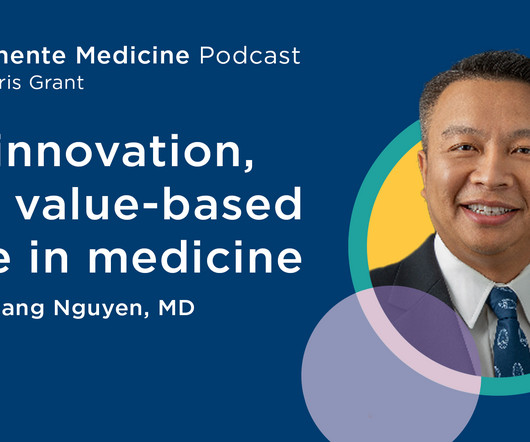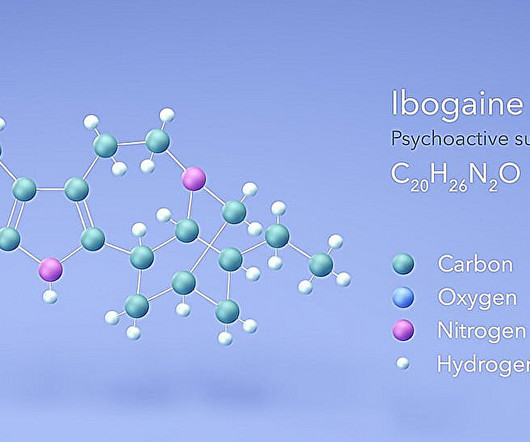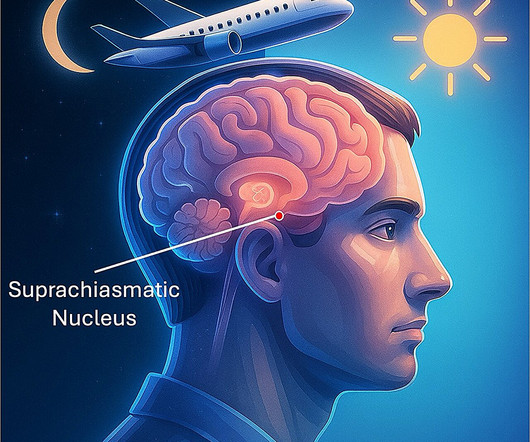Cough Monitoring Solutions: The Current Digital Health Landscape
The Medical Futurist
JUNE 2, 2025
These could even make cough monitoring as common as step tracking to inform individual patients and provide doctors with deeper health insights. These can essentially be categorized into two groups: smartphone apps and specialized hardware. Public health authorities could use this information to take adequate measures.












Let's personalize your content